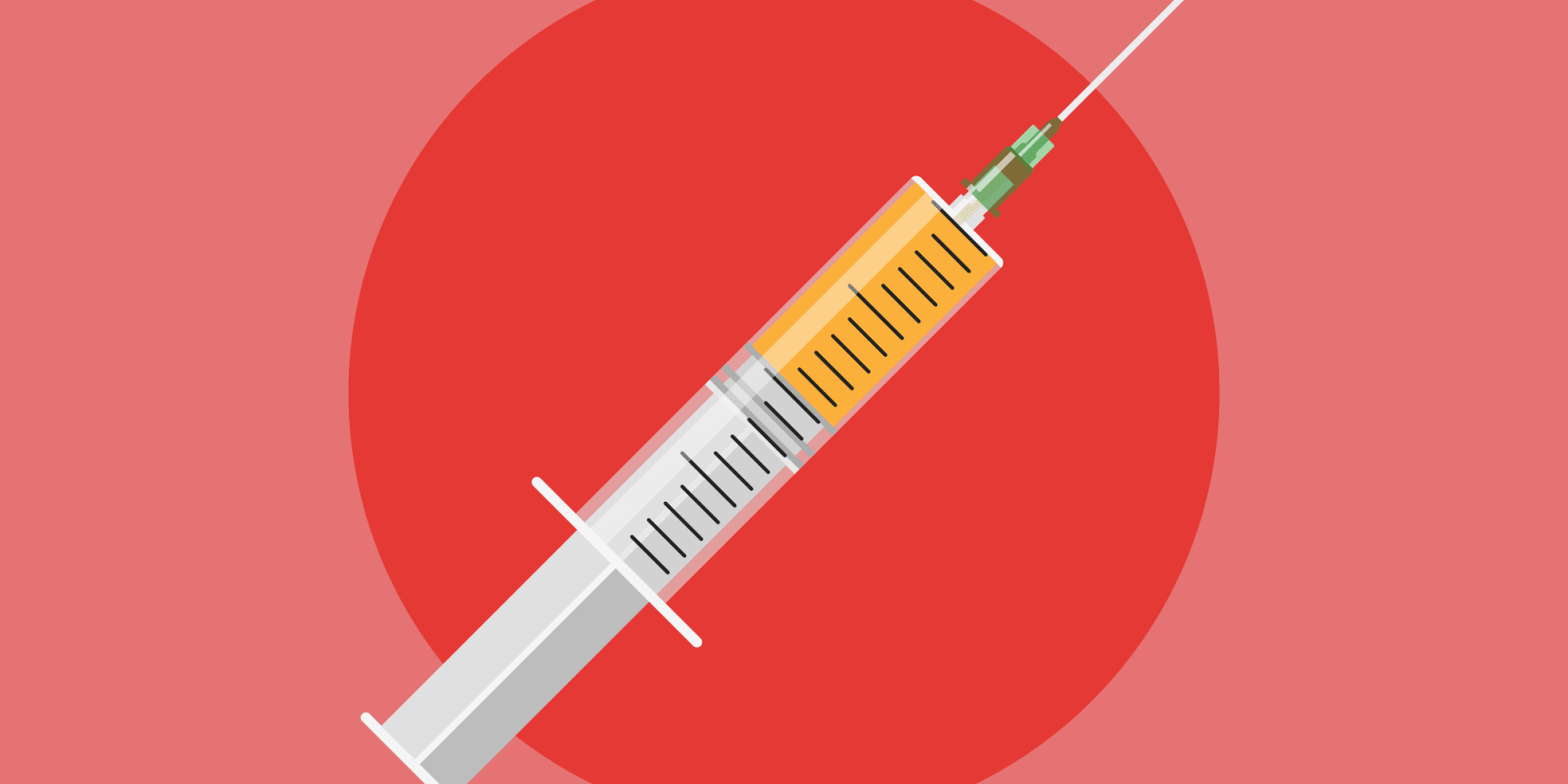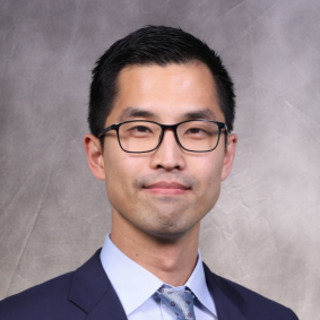 The first time I attempted to place a chest tube was in an elderly gentleman with severe underlying lung diseases. I remember him vividly. He was well-kempt, almost professorial. He had a sarcastic sense of humor. He was constantly surrounded by his loving wife and daughters.
The first time I attempted to place a chest tube was in an elderly gentleman with severe underlying lung diseases. I remember him vividly. He was well-kempt, almost professorial. He had a sarcastic sense of humor. He was constantly surrounded by his loving wife and daughters.
He had already been admitted for more than two months when I met him. He could not leave the hospital because his lungs kept leaking air no matter what we tried. He constantly developed a pneumothorax. I was an intern who had just begun my first rotation.
One morning, my senior resident and I were called to the bedside to place a new chest tube because his prior one had stopped working. He could not recount how many chest tube revisions he has already had during this admission. We asked for his consent.
My senior resident walked me through the initial steps, starting with the injection of lidocaine to numb the area. Not having had much experience with even the most routine procedures, I was very cautious with the needle, afraid of advancing it too far, and injected the lidocaine timidly.
Then when we began to make an incision and cut down into his rib space, he yelped in pain. I gave more lidocaine, but it was not helping him. I could hardly see the exact location where I should inject because it was so deep inside of the incision.
After a few tries, my senior resident took over. Within a few minutes, the chest tube was in, releasing a hiss of air. The effortlessness of his approach made me wonder why I had failed to do the same task.
Before leaving the room, the resident said to me, “The lesson here is, don’t be afraid to inject lidocaine.” I nodded.
I stayed behind to secure the chest tube with sutures and place a dressing. I double checked and triple checked that everything was indeed secure before taking off my surgical gown. Before leaving the room, I said to the patient, “I’m sorry to have caused you more pain than necessary.”
He smiled and said to me, “Perhaps you’ll get it on your next try.”
When I reflect on my intern year, my most vivid memories are those of my mistakes. Although the encounter may only have been for a few minutes, those patients are unforgettable, and keep you up at night.
However, mistakes have also been and will continue to be my most salient learning experiences. These have led to meaningful improvements in the ways in which I care for my patients or do procedures, ensuring that these mistakes do not recur.
Since that encounter, I have gone on to perform many more procedures, including major operations. In every case, there is one thing I do not forget to do – inject lidocaine. Ample lidocaine. It is something I teach every student or junior resident I work with. If the patient expresses pain, I do not take their complaint lightly.
The lesson is inextricably tied in my mind to the elderly gentleman with a sarcastic sense of humor. I remember his voice. I recall his fatigued expression at the end of his procedure.
As I begin my second year, I still dread making mistakes as much as I did on my first day of internship. I still experience intense guilt and a sense of disappointment in myself with each new mistake. I was often told in medical school that patients are our best teachers, but no one told me that they teach us at times by literally embodying the results of our mistakes.
Yet, I am also learning to grow more comfortable with the fact that in medicine, mistakes are and will always be our number one teachers. They help us grow, and treat countless patients in the future with more skill and deftness.
Surely, at times, we may feel weary and feel inclined to desensitize to the guilt. We might feel inclined to rationalize our errors, and point to other failures in the system.
But the best we can do is to not take them lightly and to always carry their lessons with us, approaching each mistake as if it were the first.
Image by AntonioFrancois / gettyimages
Jason Han, MD is a thoracic surgeon and a 2018–2019 Doximity Author. He tweets at @JasonHanMD.







